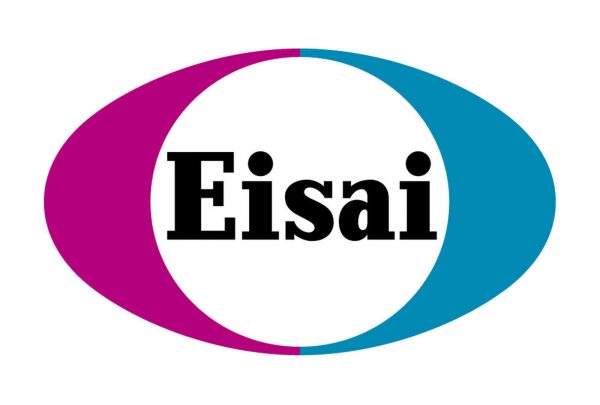
A day after Biogen and Eisai announced they would halt development of the Alzheimer’s disease drug aducanumab following a futility analysis forecasting it would not succeed, the latter company is giving it another go with a drug using the same biological target. That’s despite analysts’ expectations that the second drug would also likely be discontinued.
Tokyo-based Eisai said Friday it had launched a 1,566-patient Phase III study of BAN 2401, an amyloid beta-targeting monoclonal antibody that it developed with BioArctic, and for which it has a development and commercialization agreement with Biogen.
Markets in Japan were closed Thursday for the spring equinox, but shares of Eisai were trading Friday morning at $54 each on the US over-the-counter market, down from $81 on Thursday at midday.
On Thursday, Biogen and Eisai announced they would discontinue clinical development of aducanumab, another amyloid beta-targeting drug, based on a futility analysis from an independent data monitoring committee showing that the two Phase III trials were not likely to meet their primary endpoint.
Consequently, shares of Cambridge, Massachusetts-based Biogen shed nearly $100 of their value on the Nasdaq. As of Friday morning, its shares were trading at around $222, having closed Wednesday at $320.59 before sharply falling Thursday following the news.
But in addition to dealing a significant blow to Biogen – aducanumab was its lead product candidate – the news did the same to the amyloid beta hypothesis, which for decades has been the dominant hypothesis of what causes the disease and how to treat it. Despite that dominance, drug development in Alzheimer’s has yielded a long string of failures. Although aducanumab is only the latest of those failures, Cowen analyst Phil Nadeau wrote in a note to clients Thursday that aducanumab’s clear ability to remove amyloid beta from the brain makes it hard to see how other amyloid beta-targeting antibodies could succeed.

A Deep-dive Into Specialty Pharma
A specialty drug is a class of prescription medications used to treat complex, chronic or rare medical conditions. Although this classification was originally intended to define the treatment of rare, also termed “orphan” diseases, affecting fewer than 200,000 people in the US, more recently, specialty drugs have emerged as the cornerstone of treatment for chronic and complex diseases such as cancer, autoimmune conditions, diabetes, hepatitis C, and HIV/AIDS.
A member of the amyloid beta class singled out by Nadeau as unlikely to succeed was BAN 2401.
Meanwhile, BTIG downgraded Biogen’s stock to “neutral” in response to the news. Analyst Thomas Shrader wrote that BTIG analysts expected BAN 2401 – with “always weaker data” – to be stopped along with aducanumab.
Photo: PRNewsFoto/Eisai Inc.












